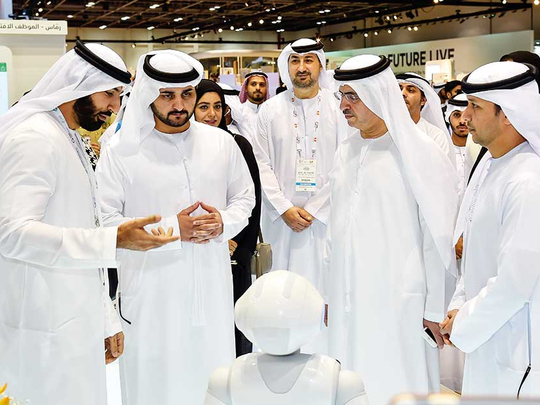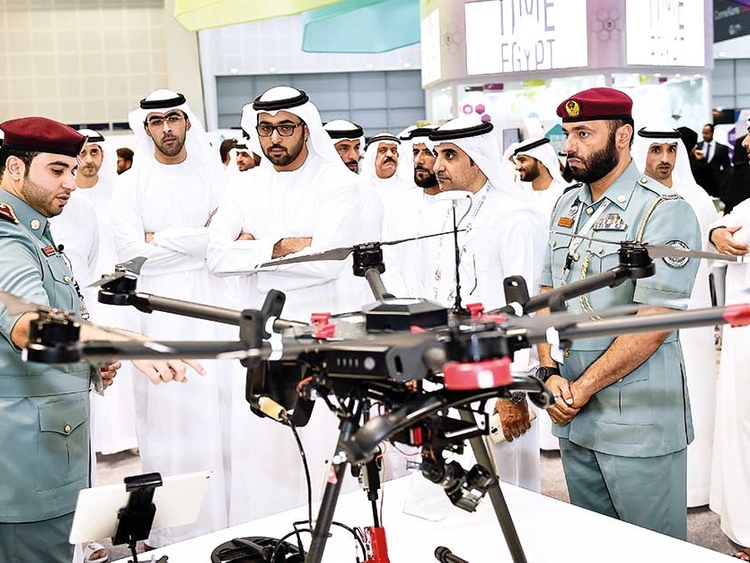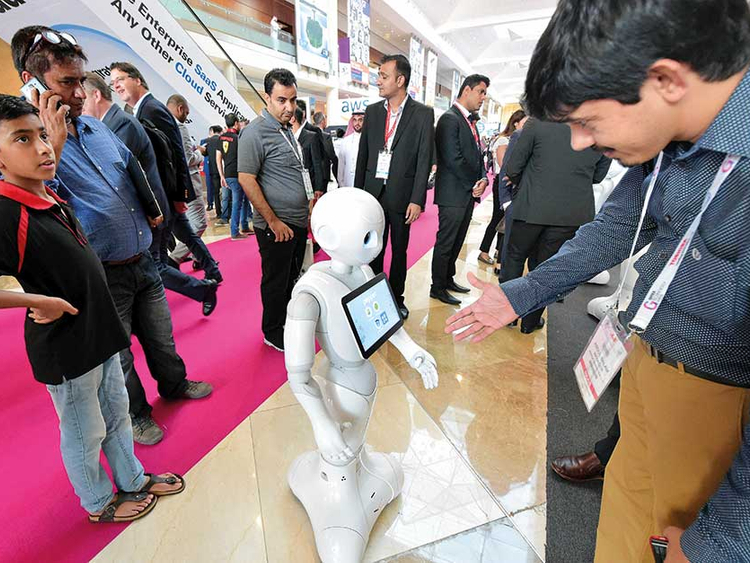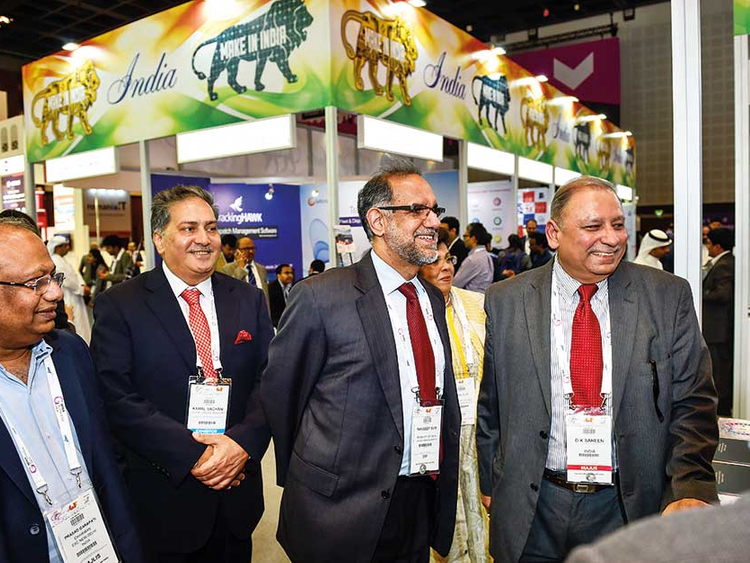
Dubai: Technology in retail is no longer confined to e-commerce, instead gathering pace in the physical realm too, according to a number of experts speaking to Gulf News at Gitex Technology Week.
This year has seen the largest number of store closures in the US since 2008, according to reports. This signals a dramatic shift in the retail landscape, says Ian Khan, a TEDx speaker and technology futurist.
Ian Khan |
“The challenge is that technology is killing the brick-and-mortar retailers,” Khan told Gulf News in an interview.
He said that internationally, e-commerce was making it difficult for retailers to attract people to their stores.
This would eventually be the case in the UAE too, Khan said.
“Retailers are just unable to sustain their businesses. It’s very interesting that Amazon can come in as a retailer and disrupt the whole market,” Khan said.
The technology expert said that Millennials, or those born between around 1980 and 2000, had become a driving force in changing the retail sector. Retailers are failing to capture this opportunity, Khan noted.
So what are some of the technologies emerging to counter this trend towards online shopping, and to keep people coming to stores?
According to Scott Emmons, head of the Innovation Lab at Neiman Marcus Group, whatever technology the retailer uses, it must solve a problem for the customer, and must not interfere with the customer experience.
“For the tech to be successful, it needs to solve a real problem for the customer,” Emmons said, adding: “It can’t get in the way of the discovery process for the shopper, because that’s what they like.”
For Emmons, this means that technology like virtual reality (VR) is still impractical and the idea of putting on a headset is off-putting for shoppers, especially those of luxury goods.
The Neiman Marcus Group is a luxury retailer that owns stores like Bergdorf Goodman. One technology that Neiman Marcus has developed and is rolling out across its stores, according to Emmons, is the memory mirror.
The mirror allows customers to record and review their fashion try-ons, doing side-by-side comparisons, and sharing the videos via text, email and social media with anyone they choose. Neiman Marcus has also deployed sunglass and makeover versions.
“We can record the entire makeover process by a beauty brand then send it home via email as a tutorial,” Emmons said.
Khan believes that, combined with augmented reality (AR), this mirror concept can be taken even further.
“AR and VR can help shoppers visualise themselves in a dress, for example,” Khan said, adding: “AR mirrors can change the size of a dress, and change the colour too, without you ever having to actually change your clothes.”
Other technologies which Neiman Marcus has adopted, such as the Shazam-for-fashion app Snap. Find. Shop., which matches user photos with available items, has been less popular than Emmons expected.
“We’re not getting the customer adoption that we would like, and not as many people are using it as we’d like to see. We think it’s a different paradigm as people aren’t used to searching for things that way,” Emmons said.
Khan agrees with this statement, saying that right now, not all technologies introduced in the retail sector will be adopted.
“The majority of shoppers are currently Generation X (born between 1961 and 1981) or Millennials, whilst the Baby Boomers (1946-1964) are fading out now. These younger shoppers will be more inclined to use new technologies,” he said.
Cautioning that every new technology experiences a slow adoption, Khan said that “we shouldn’t be surprised if there are some adoption issues for VR.”
However, he added, he was “very confident that VR will get smaller and less invasive, and ultimately become like sunglasses.”
A report by the consultancy Frost & Sullivan in 2016 predicted that AR and VR technology will be “widespread” across the Gulf region by 2025.
“The objection to VR glasses headsets is going to fade away very quickly. There’s a huge attraction from young shoppers to use these new technologies,” Khan said.














